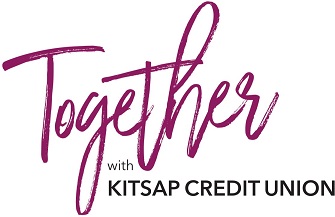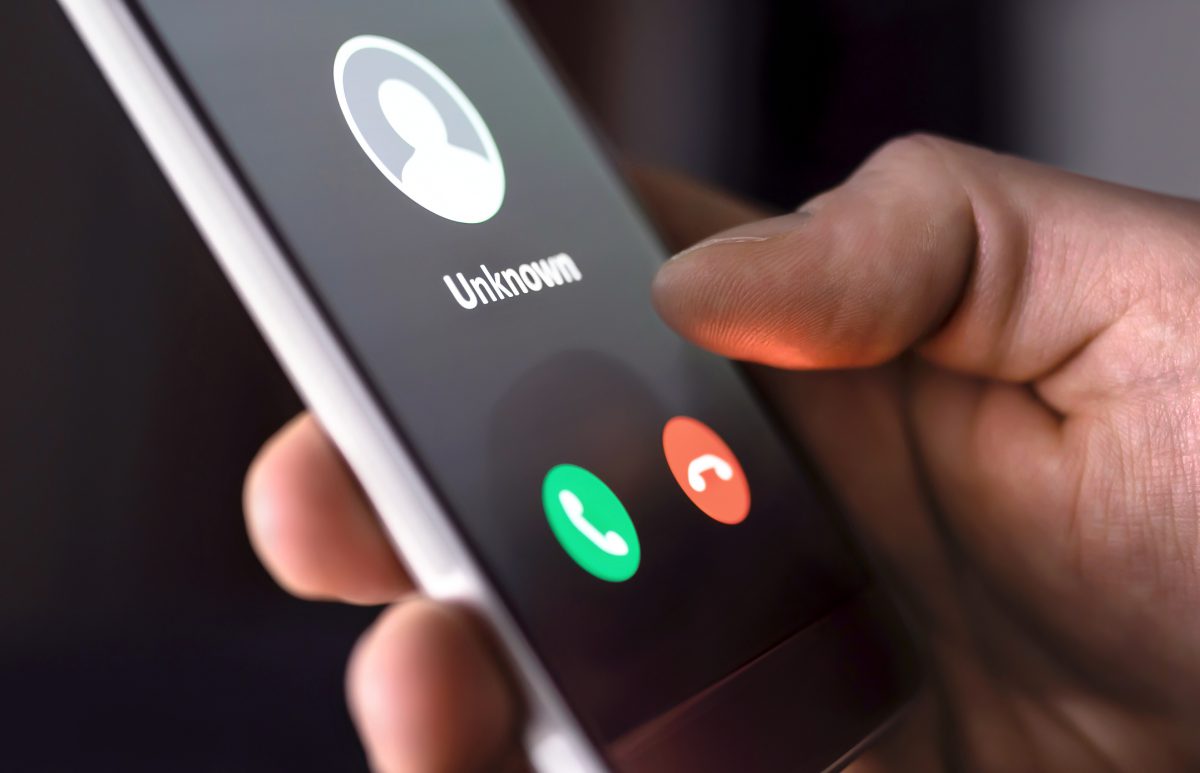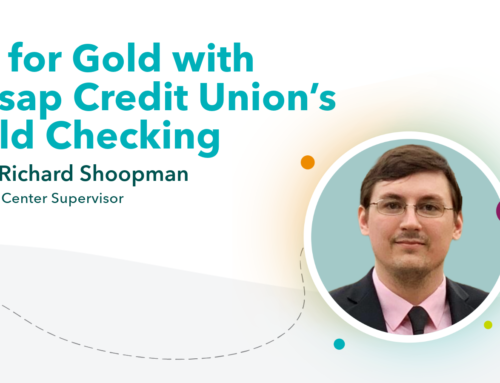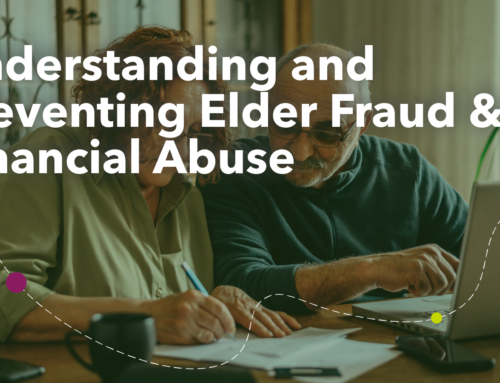During these unprecedented times, cyber criminals are expecting us to let our guard down and become distracted enough to fall victim to their scams. Criminals are using many forms of fraud, but today we want to talk about one method that is regaining popularity: Phone Phishing.
Phone phishing refers to criminal activity where the perpetrator tries to collect sensitive information using deceit on a phone call. They may try to trick you into revealing personal information to steal your identity, or they may try to trick you into giving them money. For instance, there have been reports of criminals posing as the IRS and demanding payments on back-taxes that do not exist. Once you make a payment, it can be very difficult to recover the money.
At Kitsap Credit Union, we care about our members and our community, and we want to help you with the knowledge and tools you need to protect yourself from these criminals. Visa has provided some common warning signs to look out for, which could help you identify fraud.
- A phone call from “your credit card company” or “financial institution”, typically from someone who works in the “Security and Fraud Department”. Please remember, Kitsap Credit Union will never call and ask you for your personal information. If you receive a call like this, hang up and call us immediately.
- You are told your card has been flagged for suspicious transactions and you need to prove that you have the card in your possession.
- You are asked to provide the three-digit security code on the back of your payment card, a one-time passcode that was just sent to you, or your PIN.
If you receive a call that you believe was fraudulent, we encourage you to report the call immediately. You can report the call to the Federal Communications Commission, which enforces laws regulating caller ID spoofing and unwanted telephone calls. We also highly encourage you to call us so we can help protect you. We’re here for you, and we’re here for our community.






